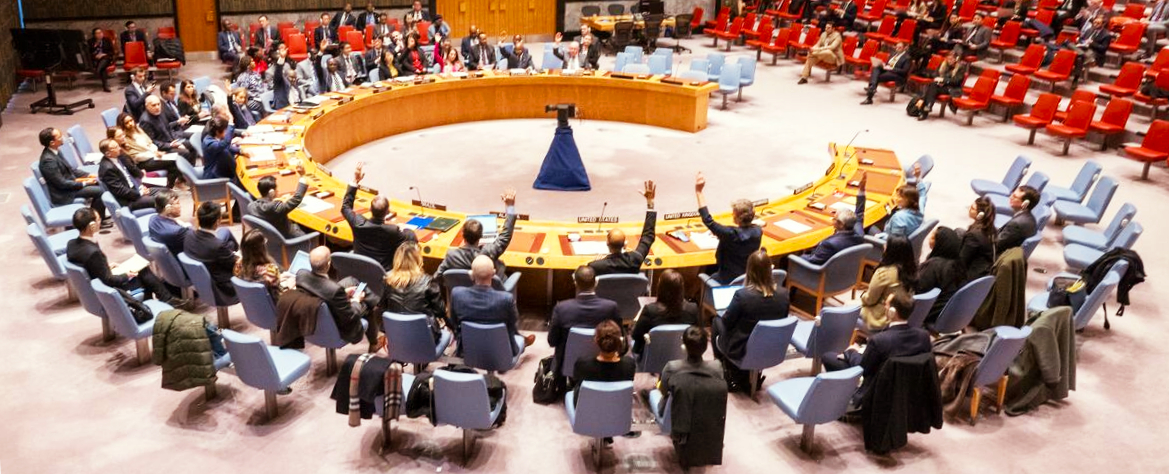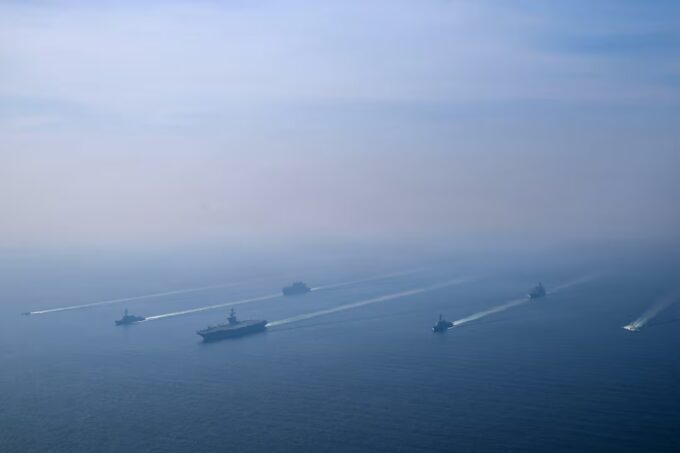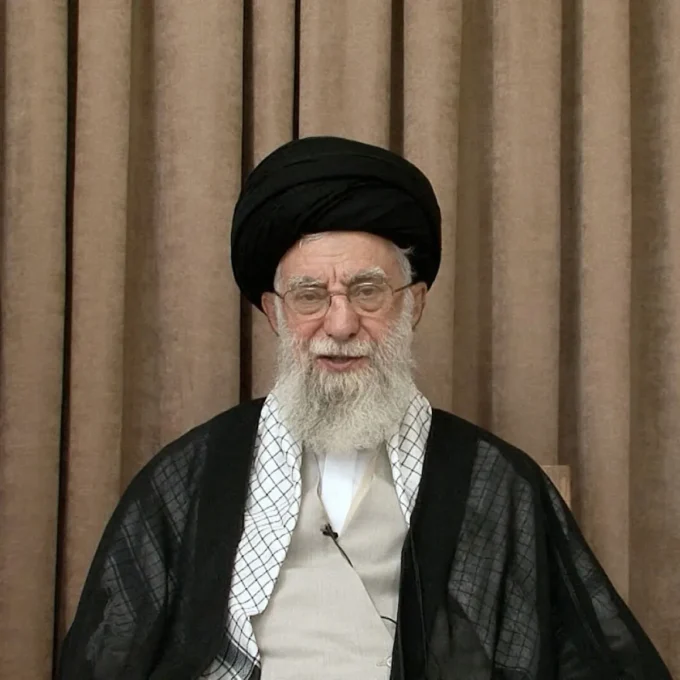The United Nations and the African Union have reaffirmed their commitment to strengthening collaboration in addressing Africa’s growing web of security threats, calling for deeper coordination and decisive action to safeguard peace, stability, and development across the continent.
Speaking before the UN Security Council on Tuesday, Parfait Onanga-Anyanga, Head of the UN Office to the African Union (UNOAU), underscored that the partnership between the two organizations remains vital to global stability and the advancement of a more connected, effective multilateral system.
“The strong and enduring partnership between the United Nations and the African Union, as well as with other regional organizations, forms the foundation of an effective, networked multilateralism — essential to confronting the complex, evolving, and interconnected threats that today weigh on peace, security, development, and human rights, particularly in Africa,” Onanga-Anyanga said.
He emphasized that the collaboration between the UN, AU, and other regional entities has never been more crucial, given the surge in cross-border threats ranging from terrorism and political instability to humanitarian crises and climate-related insecurity. The UNOAU chief called for continued coordination and resource sharing to ensure that peacekeeping and conflict prevention efforts across Africa remain robust and adaptive to new realities.
Echoing this message, Mohamed Fathi Ahmed Edrees, Permanent Observer of the African Union to the United Nations, described Africa’s current security situation as a “complex web of unprecedented threats” that demands a unified and decisive response.
“Africa is confronting an unprecedented web of security threats. We must work together to address these challenges, from Libya to the Sahel, to cut any connection of threats to the Lake Chad Basin region and West Africa,” Edrees said. “The same determination is required to achieve peace in Sudan, prevent any escalation of conflicts in the East and Horn of Africa as well as facilitate all efforts for stability in DRC and the Great Lakes region. We must also continue to support the Government and people of Mozambique in their efforts to keep its northern region safe and free from terrorist threats.”
He warned that hesitation or inaction could have far-reaching consequences, undermining the ability of the UN and AU to effectively prevent and resolve conflicts. “Any hesitation or failure to take decisive, urgent action will affect the effectiveness of our two Councils and institutions to adequately prevent and address ongoing threats and conflicts that will have far-reaching consequences for global peace and security,” Edrees cautioned.
He urged both institutions to leverage their respective strengths and resources to create an environment conducive to peace, economic growth, and sustainable development. “Let us capitalize on the strengths and resilience of our Councils and institutions to achieve peace and stability, as well as the enabling environment for development and economic growth across Africa and the world,” he added.
Also addressing the Council, Martha Ama Akyaa Pobee, the UN Assistant Secretary-General for Africa, highlighted the importance of implementing UN Security Council Resolution 2719, which seeks to modernize and enhance peace operations to respond more effectively to contemporary challenges.
“As we reflect on the future of peace operations and seek efficiencies, it becomes even more evident that resolution 2719 meets the moment. The resolution contributes to making peace operations relevant to contemporary challenges,” Pobee said.
However, she acknowledged that while progress has been made, significant challenges remain. Pobee stressed the importance of continuous dialogue and shared understanding between the UN, AU, and regional partners such as the African Regional Economic Communities and Regional Mechanisms.
“While significant progress is being made, there are still challenges ahead. Indeed, amongst others, the United Nations and the African Union must keep working on fostering a shared understanding of and expectations on the resolution, including with the African Regional Economic Communities, Regional Mechanisms, and other key stakeholders,” she said.
“Shared understanding and realistic expectations are key to successful partnerships, given the variety of the mandates and memberships of the various multilateral organizations involved,” Pobee added.
The discussions reinforced a growing consensus that multilateral cooperation remains indispensable in addressing the continent’s interconnected crises from protracted conflicts in Sudan and the Democratic Republic of Congo to terrorism in the Sahel and northern Mozambique.
As global and regional institutions adapt to new geopolitical realities, both the United Nations and African Union reaffirmed their resolve to build stronger, more flexible partnerships that promote peace, foster development, and enhance Africa’s long-term stability in an increasingly uncertain world.














Leave a comment